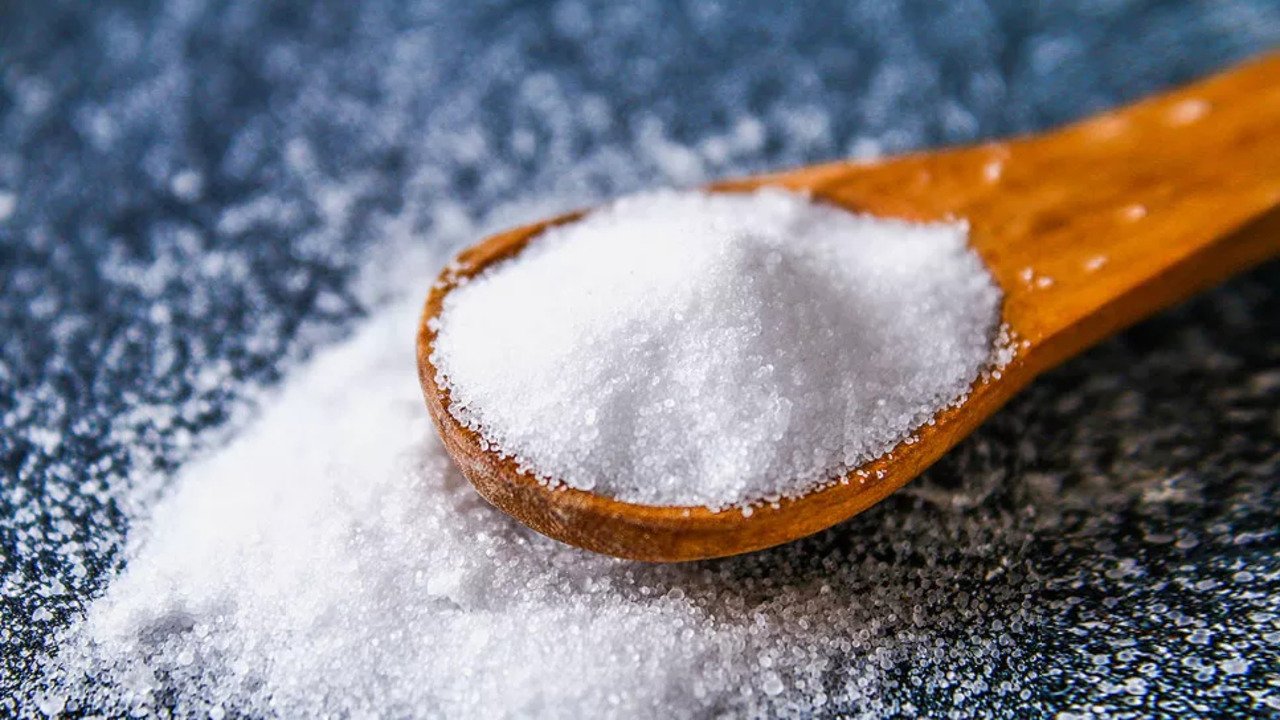Eating excess salt increases cancer risk by 41%, new study shows
A new research study shows eating excess salt increases cancer risk by 41% compared to people with less salt. After reading this latest research, you may think twice before using salt at your next meal.
People who regularly used salt in their food had a forty-one percent increased risk of stomach compared to those who occasionally use salt in the UK.
However, salt diets have been linked to stomach cancer in China, Japan, and Korea in the past. However, this research is one of the first kind to reveal salt-induced cancer risk in the Western population.

According to research, high salt intake may weaken the stomach’s protective lining. It causes tissue damage and possibly even cancerous modifications revealed researchers from the University of Vienaa’s Center for Public Health
Selma Kronsteiner-Gicevic is the lead author of the research study. She is also a nutritionist at the University of Vienna. Selma stated their study shows the link between excess salt consumption and stomach cancer in Western nations.
The researchers pointed out that occasionally salt usage beyond recommended limits may appear harmless. However, eating excess salt regularly could have negative health effects as it increases stomach cancer risk.

Researchers from the University of Vienna examined data from the UK Biobank, which comprised information on 471,144 adult British citizens. They discovered that people who regularly added salt to their food had a 41% higher risk of stomach cancer during 11 years than people who did not.
The Food and Drug Administration (FDA) recommends limiting salt intake to 2,300 mg or about one tablespoon of table salt daily.
The early diagnosis of stomach cancer can help treat and further prevent it. According to NIH, a person with early stomach cancer is 75% as likely to live for five years as a person without cancer. But, if it spreads, the chances of survival drop to 35%.
Read More:
- Sea creature turns into a baby when it is stressed out showing time travel
- Realme Narzo 70 Turbo 5G launch date, features, specifications & price
- European Space Agency printed 3D metal part in space for first time
- Earth’s mysterious Alaska triangle where over 20,000 people disappeared
- Philips Hue launched a new smart lighting solution for kitchen
- NASA to launch life-searching spacecraft to Jupiter’s moon Europa
Share this content:










Post Comment